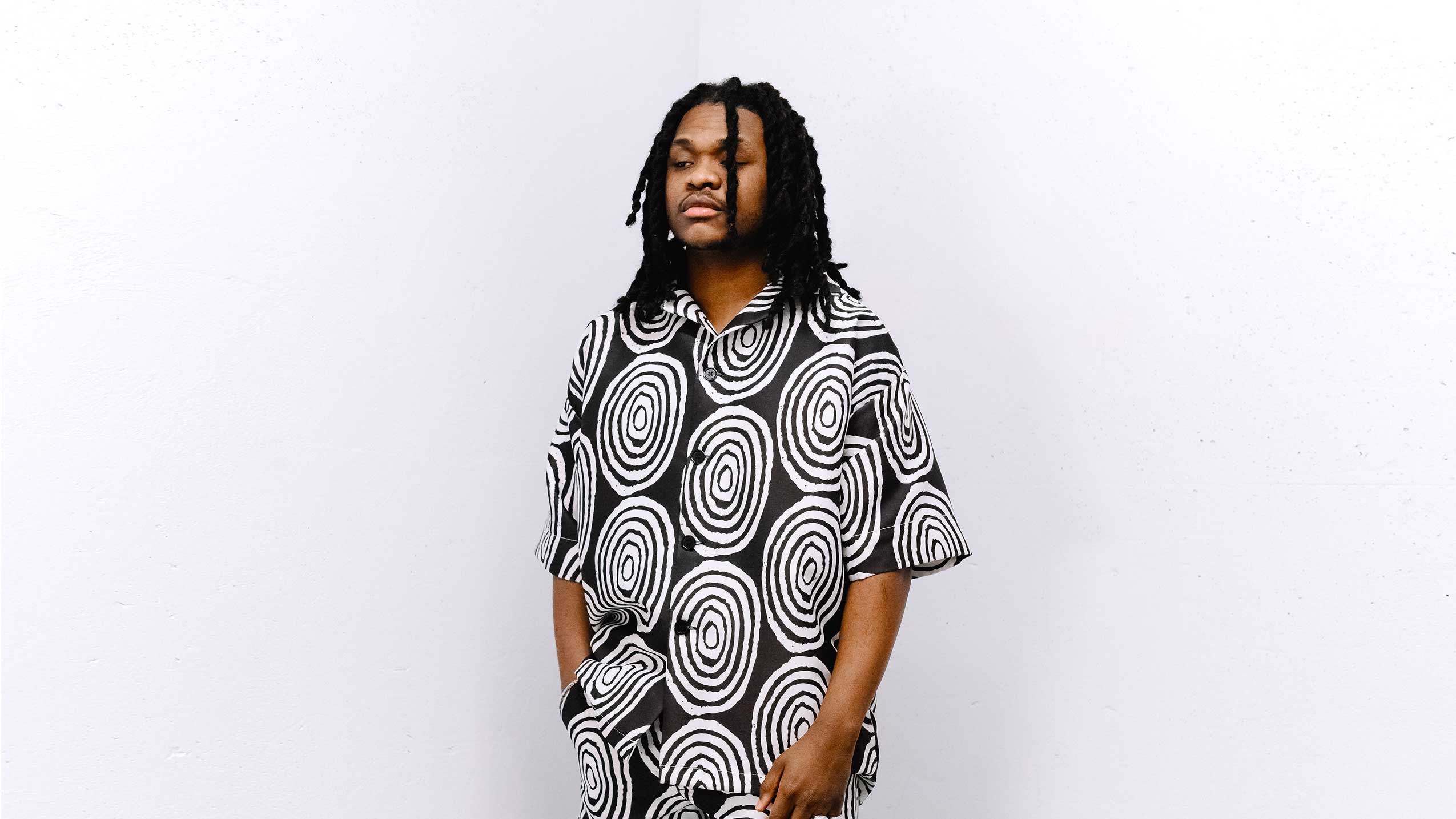Thanks to the baddies movement and Simi’s “Lost and Found”, the vacancy for a new Afropop girl-next-door is temporarily closed. Since the “Ojagu” days, Simi owned that bubbly space that Nigerians kink for its humble and friendly traits. Now, her OG artist and motherhood statuses outclass that. Simi said her new album “Lost and Found” is a tribute to things we continue to find and rediscover. The cover of her sixth album interprets that premise with a fantasia of Simi opening a rediscovered magical treasure chest, reclaiming her chemistry with music, melody and love stories.
The party starts in earnest with a reflective performance of the album’s title track. Lost and Found is a sobering, honest ballad that corresponds with the confessions of a regular Christian repentant. “Who am I not to count my blessings one by one, by one, by one? / And I’ll learn my lessons ‘cause I was lost, and now I’m found,” Simi sings. “Who knows freedom like someone who was once a slave?” Simi has some ruminative rhetoric to launch at herself and us. “Grateful for wisdom when I remember my foolish ways,” she continues to sing. “Na person wey fall go fit to rise.”
She’s known for producing and mixing her songs and featuring one or two collaborations on her previous projects. But she brought more hands on deck this time, from the Afropop-centric melodies of rising producer LOUDAA, who produced nine tracks on the album, to the sultry r&b of Estarlik Big Fish to FUNWON’s juju-inflected r&b. Their well-tempered productions maintain the consistent laid-back tempo associated with Simi’s music. The sound direction explores nothing unfamiliar; only a songwriter of Simi’s skills, scope and indigenous interpretations would dare walk aboard it, with familiar experiences, and strut away.
This is Simi’s rejuvenation from the absence her music created during the two years she was away, primarily catering to motherhood. If we’re talking cheesy, funny, real lover girl content and currency, Simi has r&b relevancy on “Lost and Found” although it may not resonate much beyond core listeners. On Know You II, she relishes and recreates extends the magic handed in Know You, her first collaboration with Ladipoe. This magic is nowhere as spellbinding as the refreshing, for-the-new-skool jam with Lojay on Miracle Worker.
The naughty girl-next-door Simi plays on Gimme Something and All I Want. Without losing sight of romance, the music gets more playful on One of One. Romance Therapy is an appreciation of a (finally) understanding lover. Borrow Me Your Body with Falz should’ve made it to the archives. It’s a leveller in comparison to the “Chemistry” they created. The bad-girl tactic assisted by Tiwa Savage on Men Are Crazy hits the goal on social listening and patriarchal capitalisation. It’s not a bad song, but it’s the type to get skips.
Words of affirmation are prevalent in Simi’s songs. She needs assurance on RnB Luv and its screams for a seductive Seyi Shay verse. Woman to Woman is a beautifully orchestrated salute to the women folk. The album’s zinger comes in the form of Alafia with Bella Shmurda. “Baby, ma j’oju mi o, baby ma j’oju o / Ma je kaye riwa / Oun a ni lan na ni / Baby, ma j’oju mi o, baby ma j’oju o / Funmi lalaafia, funmi lalaafia o.” Simi asks for lifelong commitment and peace, not emotional hurt, betrayal or messy drama. It catches Simi in her most honest form. Bella Shmurda’s tenor rings through the song with a romantic Afrobeats glossary.
Messiah is an exciting collaboration between Simi and Asa, who has inspired the former since she was a youngin. The song’s a mellow rejection of the weighty burdens of others, a bob-and-weave track. It’s every man for himself. Call it selfish, but no one gives others what they need for themselves. Jowo featuring Ebenezer Obey could have been another beautiful track if it worked with the original material or takes a bite of the guitar instead of recording the Juju legend’s vocal decline.
From self-searching to lifelong commitment and feisty Men Are Crazy, Simi explores different versions of herself. Although it feels like a reinvention, the girl-next-door narrative remains and has yet to age well in her biography. It makes the music feel like she’s comfortable with the victories delivered in the past. “Lost and Found” is reminiscent of her previous works, “Simisola” (2017) and “Omo Champagne Volume 1” (2019).
“Lost and Found” is a dizzying package of unfiltered love confessions and unapologetic romanticism, young-wifey melodies, subtle girl-next-door vibes, Owambe special numbers, and comeback attempts: Simi gives no power to let consumerism dictate her music choices. She finds comfort in her strength again, then makes another good album out of her rediscovery.




